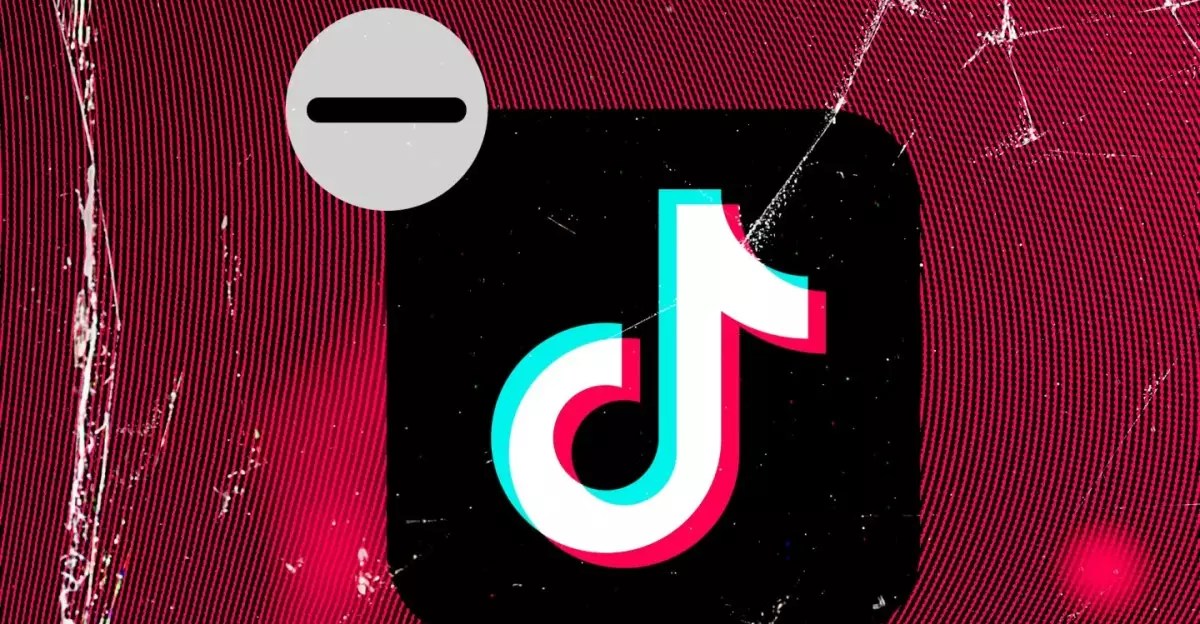The saga surrounding TikTok’s presence in the U.S. app market has been emblematic of the broader tensions between technology firms and governmental regulation. Following heightened scrutiny over national security concerns linked to the app’s Chinese parent company, ByteDance, both Apple and Google decided to remove TikTok from their respective app stores in January 2023. This action was taken to align with a new law that restricted apps tied to entities deemed a risk to national security. The decision left millions of users unable to access the app, igniting a heated debate over user rights, corporate responsibility, and government oversight.
Negotiations and Reassurances
The revival of TikTok in the app stores comes nearly a month after the initial ban, reflecting an intricate web of negotiations and assurances. U.S. Attorney General Pam Bondi’s recent communication to Apple played a pivotal role in this reversal, promising that the tech giant would not face penalties for hosting TikTok. Such letters have significant implications, as they implicitly assure companies that they can operate without the looming threat of litigation or fines. This has raised questions about the influence of government correspondence on corporate decision-making and how companies navigate regulatory pressures while trying to cater to user demands.
In tandem with the legal maneuvering that permitted the app’s return, the political backdrop has also evolved. Reports suggest that President Donald Trump has assigned Vice President JD Vance to spearhead discussions regarding a potential sale of TikTok. This strategic placement indicates the administration’s commitment to addressing the perceived risks associated with foreign-owned technology while juggling the interests of American consumers who have flocked to TikTok. The implications of such a sale could extend beyond just corporate ownership; they could reshape data privacy, user experience, and competitive dynamics in the social media landscape.
The Implications for Tech Regulation
This incident underscores a vital point of contention in tech regulation—the balance of power between federal authority and corporate autonomy. Apple and Google’s initial hesitance to reinstate TikTok highlights the precarious position technology companies face when navigating a complex regulatory environment. The threat of substantial fines was evidently enough to prompt these giants to take drastic action at the onset, raising questions about how tech firms assess risks in relation to user access and public backlash.
With TikTok back in the digital marketplace, the focus shifts to how the app will address ongoing security concerns while satisfying its user base. This reinstatement offers a temporary respite but does not erase the underlying issues at play. As debates about foreign influence and data privacy rage on, both users and tech companies must remain vigilant. This event serves as a reminder: the digital landscape is as dynamic as it is volatile, necessitating flexibility and proactive engagement from all stakeholders involved.


Leave a Reply